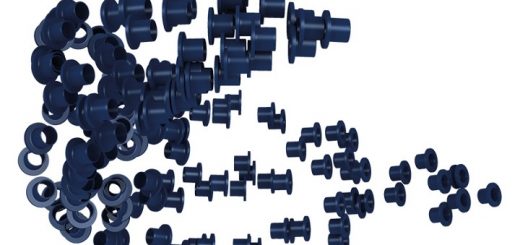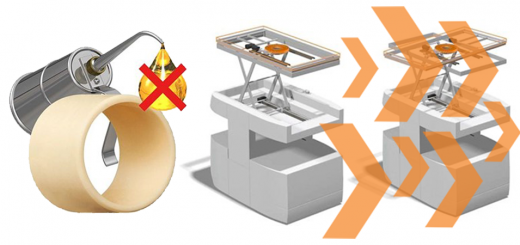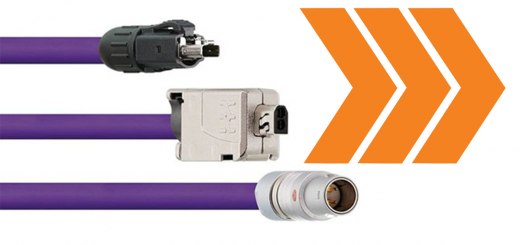Can your products cope in the cold winter temperature?
By Erin Kemal
Now that we are in the depths of winter, it seems fitting to highlight a few product groups that are designed to function outside. in sub-zero temperatures. Below are a couple of key products that are quite happy in a freezing cold environment, even if you aren’t!
Energy chains
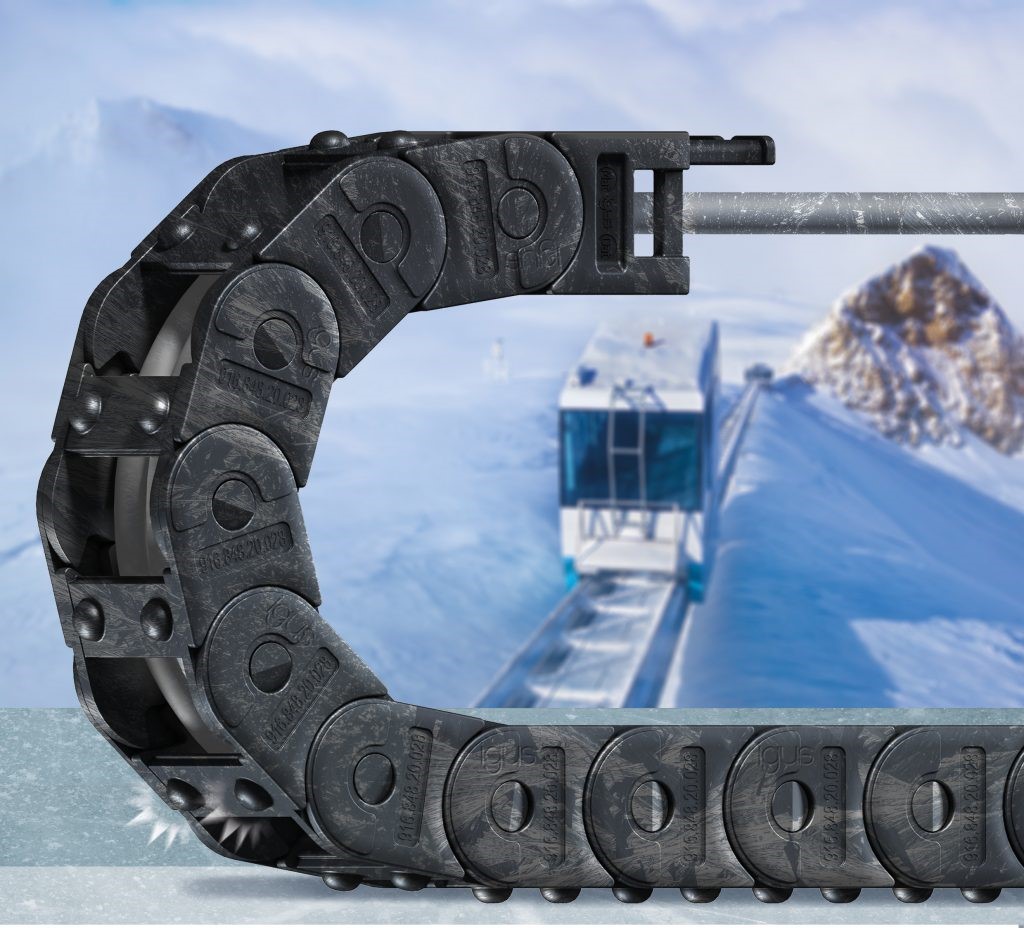
A large majority of our energy chains are suitable for temperatures as low as -40°C. Customers can be reassured that our energy chains do not fail and are able to keep cables secure at these low temperatures. Especially for certain applications, such as offshore, it is essential that the weather is not a concern when choosing products.
Plain bearings
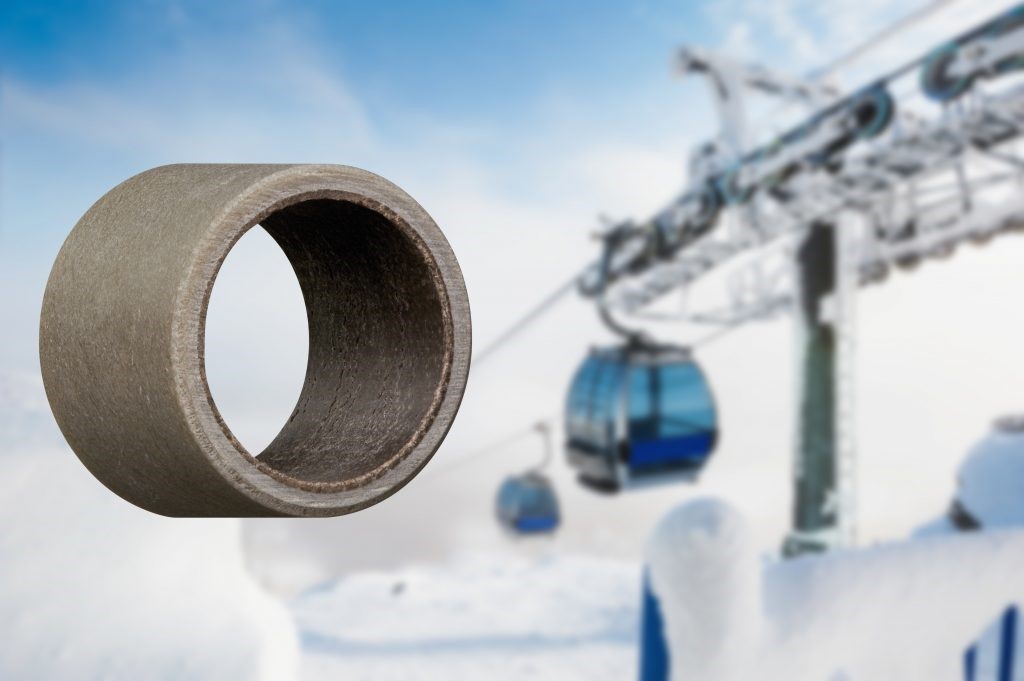
Some of our iglide® plain bearings are capable of even lower temperatures than our energy chains. Materials such as our iglide® A350, Z and T500 are designed to work efficiently in environments that can reach -100°C. These off-the-shelf products are available in both flange and sleeve options.
xiros® ball bearings
The material in our xiros® ball bearing line of products can handle temperatures down to -40°C. Certain xiros® materials can function in temperatures even lower than that. The iglide® A500 material, for example, is designed to work in temperatures of -100°C. That capacity is on the same order of performance as that of our plain bearings.
chainflex® cables
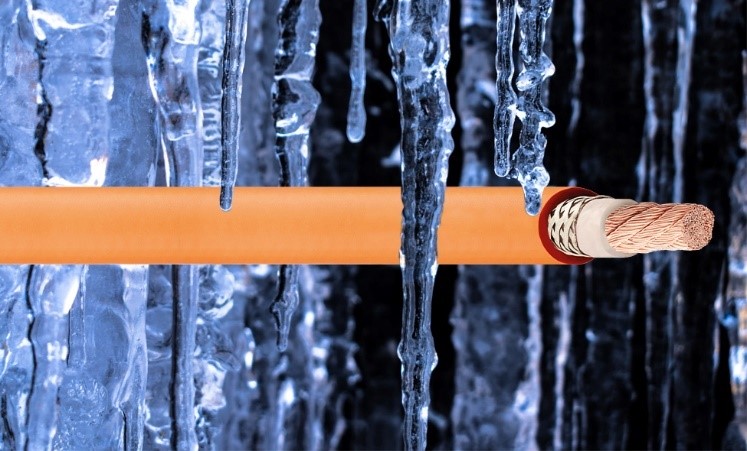
Application conditions in which chainflex® cables are used vary significantly. It is therefore imperative that we offer cables that can operate continuously in hot and extremely cold temperatures. Low-temperature cables are often used in refrigeration and air conditioning applications, in environments reaching temperatures of -35°C. igus® was the first company to develop complete energy chain systems, consisting of both chainflex® cables and e-chain® cable carriers. Both products are suitable for adverse conditions. The TPE jacket material is ideal for cold temperatures, ensuring that cables are completely protected and unaffected by the weather.
When our products are used in outside applications it is essential that they cope with whatever is thrown at them: high temperatures, low temperatures, moisture and humidity. Having a large variety of materials allows igus® products to adapt to any environment. So when designing your next application, how low does your product need to go?

